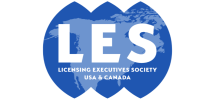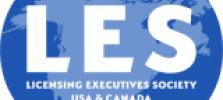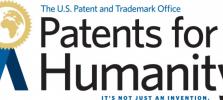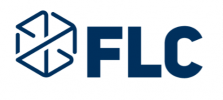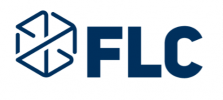Antibodies with Potent and Broad Neutralizing Activity against Antigenically Diverse and Highly Transmissible SARS-CoV-2 Variants
Chikungunya Vaccine License Receives LES Deal of Distinction Award
The NIH Technology Transfer Program was honored with its record 7th “Deal of Distinction Award” at the 2025 Licensing Executives Society Annual Meeting. This award was given to NIH and its licensee Bavarian Nordic for the deal that led to the new chikungunya virus vaccine Vimkunya®. Vimkunya received FDA approval on February 14, 2025, as the first virus-like particle (VLP) single-dose chikungunya vaccine and the first chikungunya vaccine for individuals over the age of 12. .
NIAID License to BioNTech Facilitated the Development of an mRNA Vaccine for SARS-CoV-2 (Comirnaty®)
The LES Deal of Distinction award recognizes major business transactions involving licensing, that exemplify best practices and creativity to achieve strategic product development objectives, with a significant impact on advancing innovation in the industry sectors that comprise LES which includes pharmaceutical and biomedical technology. This LES award specifically recognizes two deals that were negotiated by NIAID technology transfer officers with an array of partners in industry and academic institutions, or Industry University Government Interface (IUGI) sector.
Development of a Temperature-Tolerant Rotavirus Vaccine
Low cost rotavirus vaccine in developing countries, ROTASIIL, a heat stable rotavirus vaccine, was approved by the Drug General Controller of India in 2017. The Government of India subsequently ordered 3.8 million doses of ROTASIIL for its Universal Immunization Program.
FDA-Approved RSV Vaccine Based on NIAID’s F Protein Technology
THE PROBLEM: Respiratory syncytial virus (RSV) is a common virus that typically causes mild, cold-like symptoms — but it can be deadly to older adults, young children and people with chronic heart or lung disease or weakened immune systems. Each year in the U.S., 60,000 to 160,000 adults 65 years and older are hospitalized, and up to 10,000 people die each year from RSV infection, according to the Centers for Disease Control and Prevention.
Changing Lives in PASLI/APDS Patients, Disease Discovery and Treatment.
THE PROBLEM: APDS (activated PI3 kinase delta syndrome) — also known as PASLI (p110 delta-activating mutation causing senescent T cells, lymphadenopathy and immunodeficiency) disease — is a rare disorder that severely impairs the immune system’s ability to fight bacterial and viral infections, making patients susceptible to severe and recurrent infections, lymphoma, autoimmune diseases and other health issues. This disease is estimated to affect up to two people per million, and it can only be cured via bone marrow transplant.

